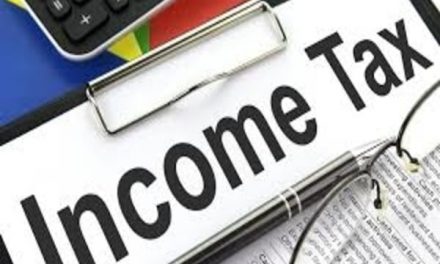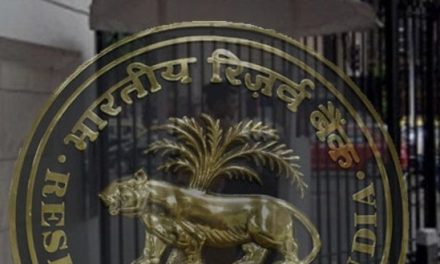The GST Council on September 20 took an in-principle decision to link Aadhaar with the registration of taxpayers under GST and also examine the possibility of making the 12-digit unique identification number mandatory for claiming refunds.
The GST Council on September 20 took an in-principle decision to link Aadhaar with the registration of taxpayers under GST and also examine the possibility of making the 12-digit unique identification number mandatory for claiming refunds. The council also decided to withdraw a circular issued in June which prescribed that the additional discount given by a company to a dealer in certain cases will be liable for Goods and Services Tax (GST).
As per an official release, the council also took an in-principle decision to prescribe reasonable restrictions on the passing of credit by risky taxpayers to tackle the menace of fake invoices and fraudulent refunds.

The council, comprising state finance ministers and headed by Union Finance Minister Nirmala Sitharaman, which met here, also decided to give relief to the job-creating MSME sector in the filing of annual GST composition return (Form GSTR-9A) for fiscal years 2017-18 and 2018-19.
Also, the mandatory filing of Form GSTR-9 for those MSMEs which have an aggregate turnover up to Rs 2 crore has been made optional for the last two fiscals.
The GST Council also decided that a committee of officers will be constituted to examine the simplification of forms for annual return and reconciliation statement.
In another important decision, the council agreed that new return system will now be introduced from April 2020 (earlier proposed from October 2019) to give ample opportunity to taxpayers as well as the system to adapt.
Further, to nudge taxpayers to timely file their statement of outward supplies, it was decided to impose restrictions on availing of the input tax credit by the recipients in cases where details of outward supplies are not furnished by the suppliers.
The panel also recommended suitable amendments in the CGST Act, UTGST Act, and the corresponding SGST Acts because of the creation of UTs of Jammu & Kashmir and Ladakh.
Meanwhile, during the meeting, 15th Finance Commission Chairman N K Singh suggested that the council should deliberate on having either one or at maximum two slabs under the GST regime. The GST Council may consider merging the two brackets 12 per cent and 18 per cent to a single bracket in line with global standards once revenue stabilises, sources said and added various exemptions provided under GST may be gradually removed.
The Finance Commission also suggested building necessary consensus among the states to bring petroleum products, alcohol and electricity under the GST as soon as possible. For the hospitality industry, the commission suggested an alignment of rates with global standards, especially for the restaurants.












